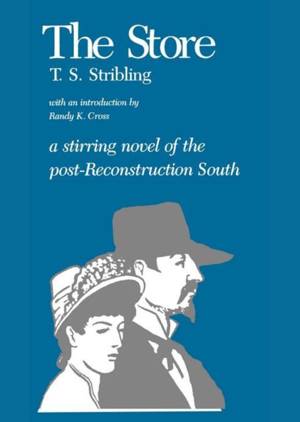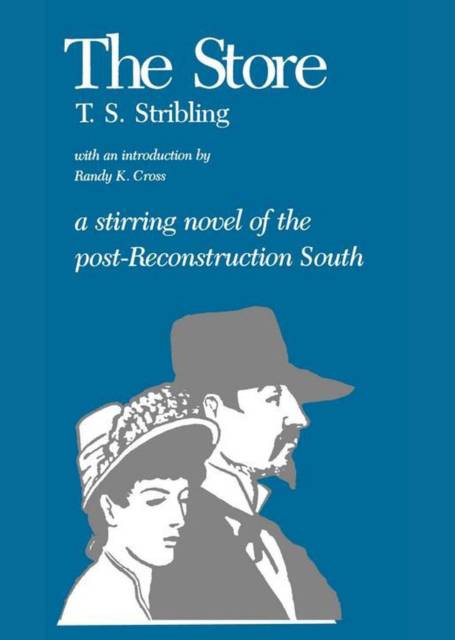
- Retrait gratuit dans votre magasin Club
- 7.000.000 titres dans notre catalogue
- Payer en toute sécurité
- Toujours un magasin près de chez vous
- Retrait gratuit dans votre magasin Club
- 7.000.000 titres dans notre catalogue
- Payer en toute sécurité
- Toujours un magasin près de chez vous
51,95 €
+ 103 points
Description
The Pulitzer prize-winning The Store is the second novel of Stribling's monumental trilogy set in the author's native Tennessee Valley region of north Alabama. The action begins in 1884, the year in which Grover Cleveland became the first Democratic president since the end of the Civil War; and it centers about the emergence of a figure of wealth in the city of Florence.
In The Store, Stribling succeeds in presenting the essence of an age through the everyday lives of his characters. In the New Yorker, reviewer Robert M. Coates compared Stribling with Mark Twain in his ability to convey the "very life and movement" of a small Southern town: "Groups move chatting under the trees or stand loitering in the courthouse square, townsfolk gather at political 'speakings' and drift homeward separately afterward; always, in their doings, one has the sense of a whole community surrounding them, binding them together." Gerald Bullet wrote in The New Statesman and Nation that the novel "is a first-rate book...filled with diverse and vital characters; and much of it cannot be read without that primitive excitement, that eagerness to know what comes next, which is, after all, the triumph of the good story teller."Spécifications
Parties prenantes
- Auteur(s) :
- Editeur:
Contenu
- Nombre de pages :
- 592
- Langue:
- Anglais
- Collection :
Caractéristiques
- EAN:
- 9780817302511
- Date de parution :
- 30-08-85
- Format:
- Livre broché
- Format numérique:
- Trade paperback (VS)
- Dimensions :
- 138 mm x 210 mm
- Poids :
- 725 g







